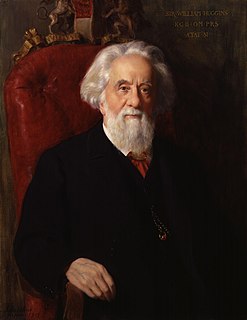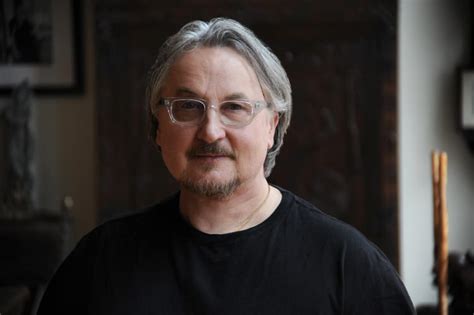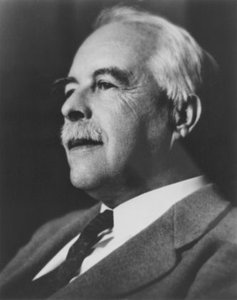A Quote by Peter Atkins
Chemistry begins in the stars. The stars are the source of the chemical elements, which are the building blocks of matter and the core of our subject.
Related Quotes
You couldn't be here if stars hadn't exploded, because the elements - the carbon, nitrogen, oxygen, iron, all the things that matter for evolution - weren't created at the beginning of time. They were created in the nuclear furnaces of stars, and the only way they could get into your body is if the stars were kind enough to explode. So, forget Jesus. The stars died so that you could be here today.
Aristotle taught that stars are made of a different matter than the four earthly elements— a quintessence— that also happens to be what the human psyche is made of. Which is why man’s spirit corresponds to the stars. Perhaps that’s not a very scientific view, but I do like the idea that there’s a little starlight in each of us.
The universe starts off with the Big Bang theory, and the first thing that emerged from the Big Bang is essentially hydrogen and then helium. And that's what combusts in stars. Finally, stars implode, and they build heavier elements out of that. And those heavier elements are reconstituted in the heart of other stars, eventually.
On the geometric level, we see certain physical elements repeated endlessly, combined in an almost endless variety of combinations. It is puzzling to realize that the elements, which seem like elementary building blocks, keep varying, and are different every time that they occur. If the elements are different every time that they occur, evidently then, it cannot be the elements themselves which are repeating in a building or town; these so-called elements cannot be the ultimate "atomic" constituents of space.
People have stars, but they aren't the same. For travelers, the stars are guides. For other people, they're nothing but tiny lights. And for still others, for scholars, they're problems... But all those stars are silent stars. You, though, you'll have stars like nobody else... since I'll be laughing on one of them, for you it'll be as if all the stars are laughing. You'll have stars that can laugh!... and it'll be as if I had given you, instead of stars, a lot of tiny bells that know how to laugh.
I think '205 Live' is the ultimate underdog story. This isn't a knock on any other brands; you have your stars on 'Raw,' you have your stars on 'SmackDown Live,' and I almost feel like NXT already has this amazing face to continue building stars, but '205 Live,' that is not the case. There is no foundation. We are not capitalizing off of stars.
The energy of the stars becomes us. We become the energy of the stars. Stardust and spirit unite and we begin: one with the universe, whole and holy. From one source, endless creative energy, bursting forth, kinetic, elemental; we, the earth, air, water and fire-source of nearly fifteen billion years of cosmic spiraling.
The central region of the Milky Way, known as the bulge, is stuffed with literally tens of billions of stars. And most of these are old - considerably older than our Sun or its neighbors - because this part of the galaxy formed first. Consequently, bulge stars are generally deficient in heavy elements.






































